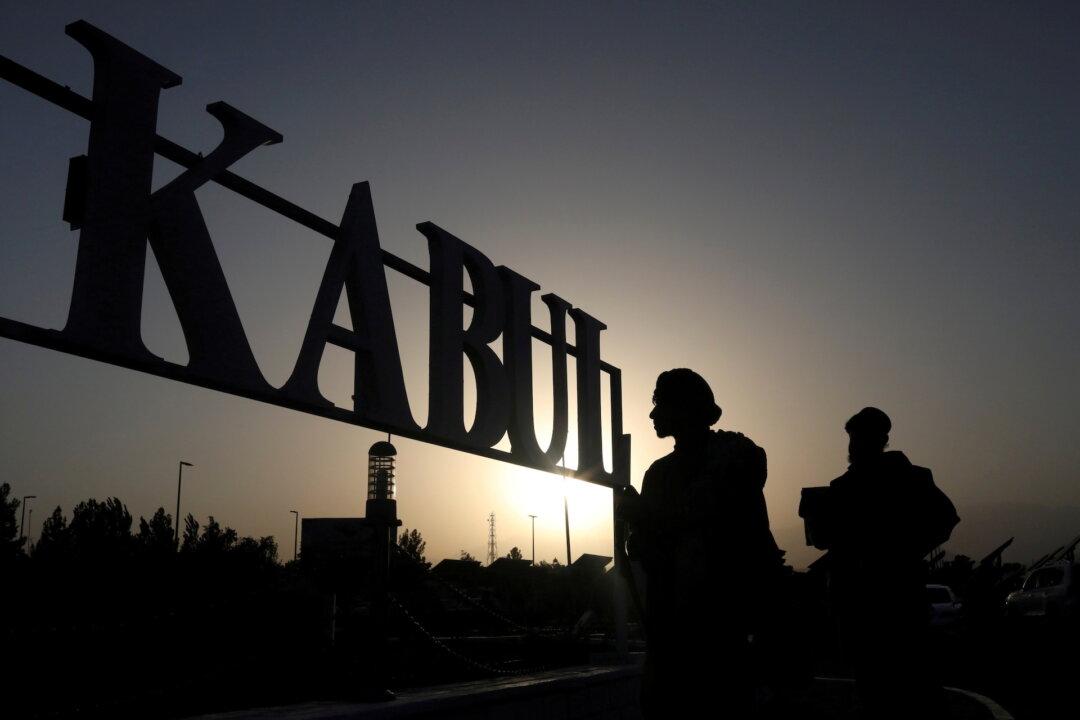Commentary
Chinese “wolf warriors” and their sycophants in China’s state-run media have been crowing for weeks about the strategic defeat suffered by the United States in Afghanistan.

Chinese “wolf warriors” and their sycophants in China’s state-run media have been crowing for weeks about the strategic defeat suffered by the United States in Afghanistan.